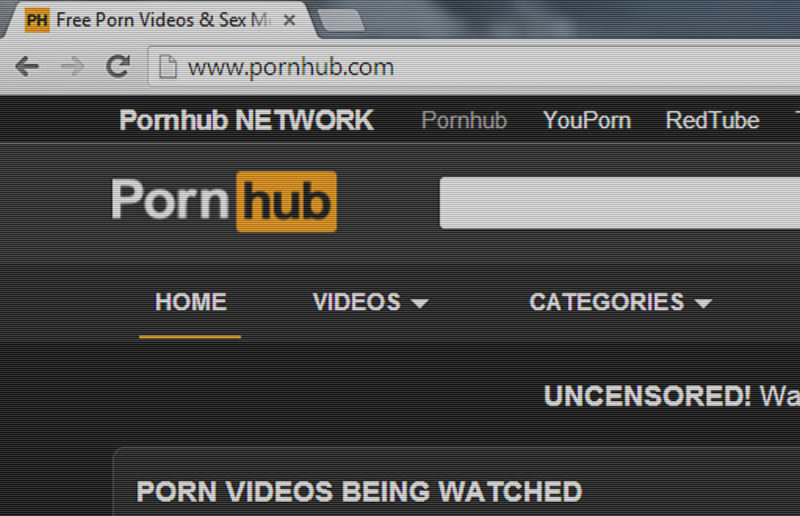A government advisor on child safety has urged search engines like Google and Bing to do more to restrict access to online pornography.
John Carr, a member of the government’s Council on Child Internet Safety, said Google and other search engines should make “safe search” their default setting, blocking access to legal and illegal material, and force users to login to see the adult content.
This push comes in the light of the disturbing case of April Jones’ murderer, who searched for child abuse and rape images online, and the EU recently considered banning pornography online.
Whilst there is a debate to be had about whether access to pornography affects the sexual relationships between young people, the case of child pornography is pretty clear – all companies should and do have zero tolerance of such illegal content. Google, Bing, Facebook, Twitter, Yahoo and all other internet companies already block all access to child pornography as soon as it is reported to them or discovered by their own staff.
Beyond these policies from internet companies, ISPs also block access to web servers and websites offering child pornography using “CleanFeed” filters which are difficult to circumvent, even if they have recently been misused for blocking other content as well.
However, we should not conflate the arguments about blocking images of sexual abuse and child pornography, an argument universally agreed upon, and moral judgements about legal pornography made by consenting adults. We need to spend more time and more resources in tracking down those that exploit children, a crime that sees no geographical borders, and have police forces and internet companies working more closely in sharing information to find these perpetrators. We do not, however, need to waste resources moralising other internet content.
The self-labelling of adult websites by home child-filters should be made a legal requirement for these sites to operate – something which would help parents restrict their children’s access to such content. The internet should not, however, be restricted for the adult population simply because parents do not want to add these filters or do not know how to. It is a parent’s job to monitor how their kids use the internet, and companies should make it easier for them to do so, but that is no reason to censor the internet for the general populace.



